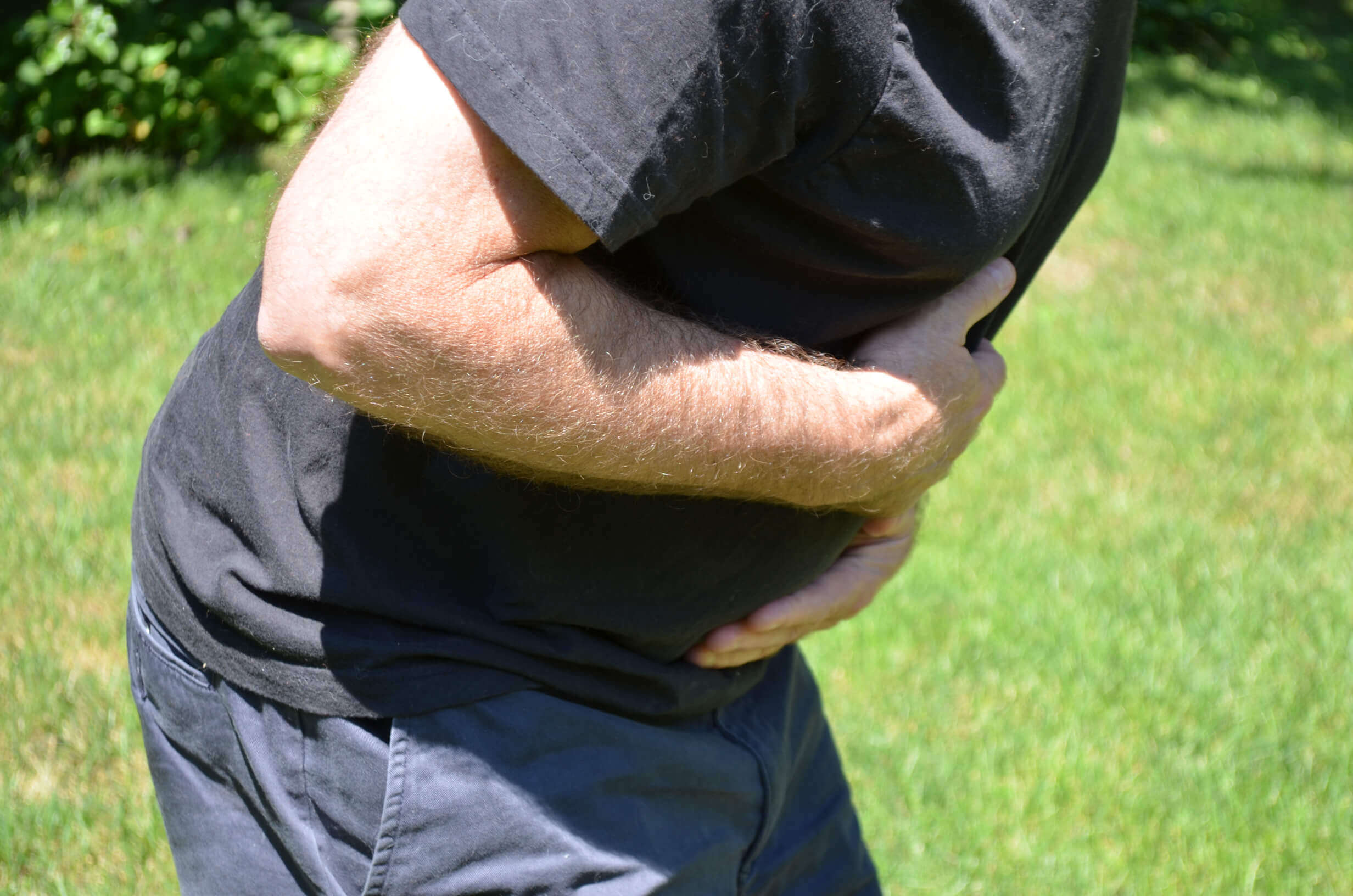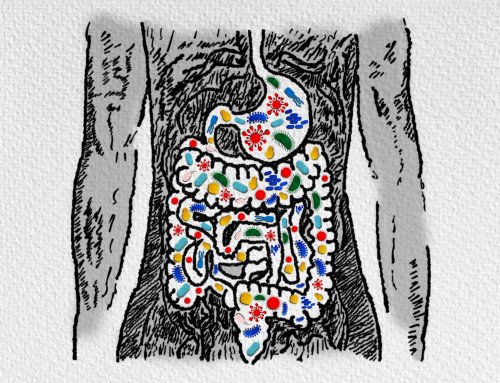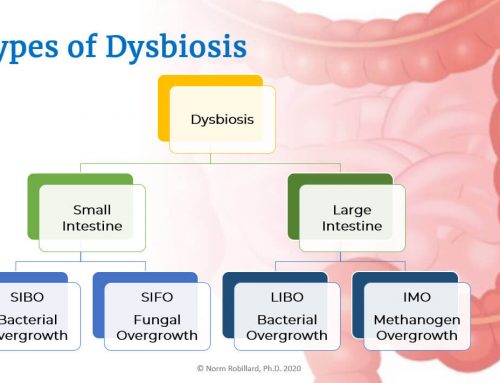In a surprising move, the Food and Drug Administration has reversed course eliminating the heavy regulatory burden imposed in April of this year on US medical facilities that wanted to conduct fecal transplants (commonly referred to as FMT for fecal microbiota transplantation) for people sick with colitis caused by Clostridium difficile (C diff) that does fails to respond to alternative treatments.
An earlier FDA ruling determined that human donor feces required for the procedure was a “biological drug” and each facility would need to submit a comprehensive and expensive investigational new drug application (IND) to the agency before performing FMT to “assure the safety of the patients”. But significant push back from the medical community citing the need for rapid implementation of this lifesaving procedure, the greater than 90 percent cure rate, extremely low relapse rate and impeccable safety record to date has resulted in this about face on the issue.
Going forward, facilities performing FMT for C diff need only submit an “informed consent” to ensure that each patient understands that the procedure is experimental and there are potential risks. Most patients will eagerly agree as several published studies have shown that FMT is remarkably effective and safe. Here is the statement posted on the FDA.gov website.
FDA is issuing this guidance for immediate implementation in accordance with 21 CFR 10.115(g)(3) without seeking prior comment because the agency has determined that prior public participation is not feasible or appropriate because the guidance deals with an urgent issue affecting patients with life-threatening infections with Clostridium difficile.
We, FDA, are informing members of the medical and scientific community, and other interested persons that we intend to exercise enforcement discretion regarding the investigational new drug (IND) requirements for the use of fecal microbiota for transplantation (FMT) to treat Clostridium difficile (C. difficile) infection not responding to standard therapies. FDA intends to exercise this discretion provided that the treating physician obtains adequate informed consent from the patient or his or her legally authorized representative for the use of FMT products. Informed consent should include, at a minimum, a statement that the use of FMT products to treat C. difficile is investigational and a discussion of its potential risks. FDA intends to exercise this discretion on an interim basis while the agency develops appropriate policies for the study and use of FMT products under IND.
FDA’s guidance documents, including this guidance, do not establish legally enforceable responsibilities. Instead, guidances describe the FDA’s current thinking on a topic and should be viewed only as recommendations, unless specific regulatory or statutory requirements are cited. The use of the word should in FDA’s guidances means that something is suggested or recommended, but not required.
Fecal microbiota collected from healthy individuals are being investigated for use in the treatment of C. difficile infection. Published data suggest that the use of fecal microbiota to restore intestinal flora may be an effective therapy in the management of refractory C. difficile infection. However, the efficacy and safety profiles of this intervention have not yet been fully evaluated in controlled clinical trials.
In the Federal Register of February 25, 2013 (78 FR 12763), FDA announced a public workshop, entitled “Fecal Microbiota for Transplantation.” The purpose of this workshop was to provide a forum for the exchange of information, knowledge, and experience among the medical and scientific community about the regulatory and scientific issues associated with FMT.
The workshop to discuss the regulatory and scientific issues associated with FMT was held on May 2-3, 2013. FDA noted that use of FMT and clinical studies to evaluate its safety and effectiveness are subject to regulation by FDA, and that the complex nature of FMT products presents specific scientific and regulatory challenges. During that workshop, and in subsequent communications, physicians and scientists expressed concern to FDA that FMT is not appropriate for study under the agency’s IND regulations (21 CFR Part 312). Some health care providers stated that applying IND requirements will make FMT unavailable and suggested that an alternative regulatory approach is needed to ensure the widespread availability of FMT for individuals with C. difficile infection unresponsive to standard therapies. In the weeks since the workshop, FDA has received numerous inquiries about the application of the IND regulations to the administration of FMT products, and many expressed concern about the use of these products under IND.
FDA acknowledges these concerns and intends to exercise enforcement discretion regarding the IND requirements for the use of FMT to treat C. difficile infection not responding to standard therapies. FDA intends to exercise this discretion provided that the treating physician obtains adequate informed consent from the patient or his or her legally authorized representative for the use of FMT products. Informed consent should include, at a minimum, a statement that the use of FMT products to treat C. difficile is investigational and a discussion of its potential risks.
FDA intends to exercise this discretion while we further consider the matter. During this period of enforcement discretion, FDA will continue to work with any sponsors who wish to submit INDs for this use of FMT.
This enforcement discretion policy does not extend to other uses of FMT. Data related to the use and study of FMT to treat diseases or conditions other than C. difficile infection are limited, and study of FMT for these other uses is not included in this enforcement policy.
This is a remarkable turnaround and a hugely positive development for people suffering with C. diff. According to a CDC press release, C diff is linked to approximately 14,000 deaths every year in the US alone, mostly due to the dangerous condition called pseudomembranous colitis (a serious inflammation of the large intestine) specifically included by the FDA in its press release. C diff infections costs at least one billion dollars each year. Most at risk of dying from infection are elderly patients. The alternative to fecal transplantation is increasingly powerful antibiotics that continue to become less effective in controlling this infection. Risk factors for C diff include:
- Taking antibiotics (because they devastate healthy gut microbes).
- Staying in a medical facility which may include hospitals, nursing homes or even doctor’s offices. The bacteria makes difficult-to-kill spores which are able to persist on surfaces and even the hands of medical providers.
- Taking Proton pump inhibitors. Acid reducing medicines are linked to increased rates of C diff infection, difficulty treating the infection and a higher C diff relapse rate. For people taking PPIs, a safer alternative is the Low FP diet approach in Fast Tract Digestion Heartburn.
For more information on antibiotics and C. diff, you might be interested in my article “Antibiotics for my IBS“







Tnx for this update Norm,
My father-in-law has been on long term antibiotics for “preventative” measures linked to insertion of kidney drains. He had been complaining about severe diarrhea for weeks and his visiting nurse was not overly concerned. Finally they took a stool sample and found C. dif.
Now he is on flagyl.
At 97 he can not afford to become dehydrated.
Hi Bruce,
I’m sorry to hear about your father-in-law’s recent diagnosis. At least one major hurdle has been removed for FT treatment. The overuse of antibiotics for everything under the sun decreases the effectiveness for people like your dad with a true need for effective antibiotics. I really hope we are able to rein in this indiscriminate usage of this precious resource. Best wishes for your father-in-law’s recovery.